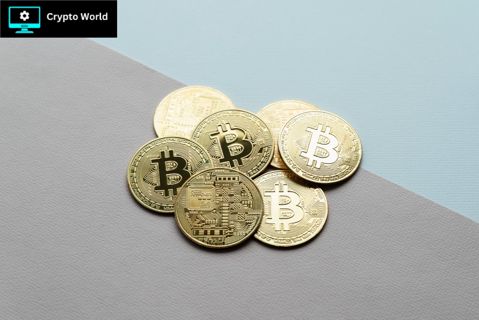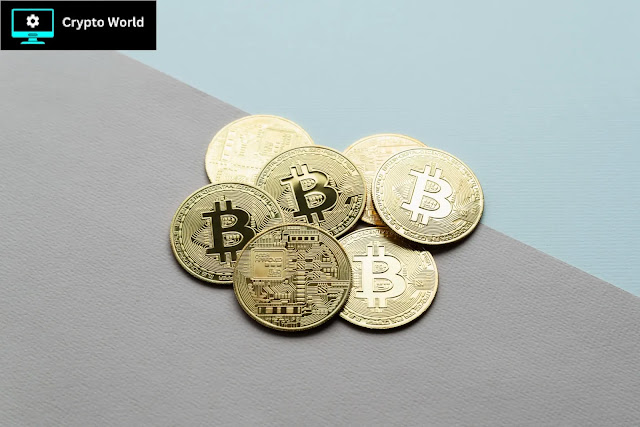Exploring Blockchain-Based Decentralized Autonomous Organizations (DAOs)

Decentralized Autonomous Organizations (DAOs) represent a revolutionary approach to organizational governance and decision-making, enabled by blockchain technology. By leveraging smart contracts and decentralized networks, DAOs offer a transparent, autonomous, and community-driven alternative to traditional corporate structures. This article delves into the world of DAOs, exploring their structure, benefits, challenges, and impact on the future of governance.
 Exploring Blockchain-Based Decentralized Autonomous Organizations (DAOs)
Exploring Blockchain-Based Decentralized Autonomous Organizations (DAOs)
Introduction to DAOs
A Decentralized Autonomous Organization (DAO) is an organization governed by smart contracts on a blockchain, with decisions made by its members through a consensus mechanism. Unlike traditional organizations, DAOs do not rely on centralized leadership or intermediaries. Instead, they operate transparently and autonomously, with all rules and transactions encoded on the blockchain.
How DAOs Work
DAOs function through a series of smart contracts that define the organization's rules and execute agreed-upon decisions. Members of a DAO typically hold tokens that represent voting power, allowing them to propose and vote on initiatives. The key components of a DAO include:
1. Smart Contracts: These are self-executing contracts with the terms of the agreement directly written into code. They automate processes and ensure that rules are enforced without the need for human intervention.
2. Governance Tokens: Members receive governance tokens that grant them voting rights. The more tokens a member holds, the greater their influence over the DAO's decisions.
3. Proposals and Voting: Members can submit proposals for new projects, changes to the DAO's structure, or other important decisions. These proposals are voted on by token holders, and decisions are made based on the consensus mechanism encoded in the smart contracts.
4. Transparency: All actions, proposals, and votes are recorded on the blockchain, ensuring transparency and accountability.
Key Benefits of DAOs
DAOs offer several advantages over traditional organizational structures:
1. Decentralization: By eliminating centralized control, DAOs distribute power among all members, reducing the risk of corruption and enhancing democratic participation.
2. Transparency: Blockchain technology ensures that all decisions and transactions are publicly recorded and verifiable, promoting trust and accountability.
3. Autonomy: Smart contracts automate processes and enforce rules without the need for human intervention, reducing the potential for errors and inefficiencies.
4. Global Accessibility: DAOs can operate across borders, allowing anyone with an internet connection to participate, fostering a more inclusive and diverse community.
5. Flexibility: DAOs can quickly adapt to changing circumstances by leveraging the collective intelligence and decision-making power of their members.
Challenges and Risks of DAOs
Despite their potential, DAOs face several challenges and risks:
1. Technical Complexity: Developing and maintaining the smart contracts that power DAOs requires advanced technical expertise and resources.
2. Legal and Regulatory Uncertainty: The legal status of DAOs is still evolving, with many jurisdictions lacking clear regulations. This can create uncertainty and potential legal risks for members.
3. Security Risks: DAOs are vulnerable to hacks and exploits, as evidenced by high-profile incidents like The DAO hack in 2016. Ensuring the security of smart contracts is crucial.
4. Governance Challenges: Achieving consensus among a large and diverse group of members can be difficult, potentially leading to decision-making gridlock.
5. Scalability: As DAOs grow in size and complexity, managing and coordinating activities can become increasingly challenging.
Notable Examples of DAOs
Several DAOs have gained prominence in the blockchain space, showcasing the potential of decentralized governance:
1. The DAO: One of the first and most well-known DAOs, The DAO aimed to create a decentralized venture capital fund. It was famously hacked in 2016, leading to a significant loss of funds and a hard fork of the Ethereum blockchain.
2. MakerDAO: MakerDAO manages the DAI stablecoin and provides decentralized lending and borrowing services. It is governed by MKR token holders who vote on proposals related to the platform's development and management.
3. Aragon: Aragon is a platform that allows users to create and manage their own DAOs. It provides tools for governance, fundraising, and community building, enabling a wide range of decentralized projects.
4. MolochDAO: MolochDAO focuses on funding Ethereum infrastructure projects. It operates with a simple governance model where members can propose grants and vote on their approval.
The Future of DAOs
The future of DAOs looks promising, with continued innovation and adoption expected in various sectors. Potential developments include:
1. Enhanced Governance Models: Improved consensus mechanisms and voting systems could make DAOs more efficient and effective in decision-making.
2. Interoperability: Greater interoperability between different blockchain networks could facilitate collaboration and integration among DAOs.
3. Regulatory Clarity: As governments and regulators develop clearer frameworks for DAOs, legal uncertainties may be reduced, encouraging broader adoption.
4. Real-World Applications: Beyond the blockchain space, DAOs could be applied to various industries, including finance, supply chain management, and social networks, transforming how organizations operate.
Questions and Answers
How do DAOs differ from traditional organizations?
DAOs differ from traditional organizations in several key ways: they operate without centralized leadership, rely on smart contracts for governance, and ensure transparency through blockchain technology. Traditional organizations typically have hierarchical structures and rely on human intermediaries for decision-making and enforcement.
Can anyone join a DAO?
Yes, most DAOs are open to anyone who wants to participate. Membership is often granted through the acquisition of governance tokens, which can be obtained by purchasing them or contributing to the DAO's development.
What happens if a DAO's smart contract is hacked?
If a DAO's smart contract is hacked, it can result in the loss of funds or disruption of operations. This highlights the importance of thorough security audits and robust coding practices to minimize vulnerabilities. In some cases, the community may decide to fork the blockchain to recover lost funds, as seen with The DAO hack in 2016.
Are DAOs legally recognized entities?
The legal recognition of DAOs varies by jurisdiction. Some regions have started to explore regulatory frameworks for DAOs, while others have not yet addressed their legal status. This creates a complex legal landscape that DAO members must navigate carefully.

Conclusion
Blockchain-based Decentralized Autonomous Organizations (DAOs) offer a groundbreaking approach to governance and organizational management. By leveraging smart contracts and decentralized networks, DAOs provide transparency, autonomy, and democratization of decision-making. However, they also face challenges related to technical complexity, security, and regulatory uncertainty. As the technology and regulatory environment evolve, DAOs have the potential to transform various industries and redefine the way organizations operate. Understanding the benefits and risks of DAOs is crucial for anyone interested in participating in or leveraging this innovative model.
Affiliate Marketing For Beginnersさんをフォローして最新の投稿をチェックしよう!
0 件のコメント
この投稿にコメントしよう!
この投稿にはまだコメントがありません。
ぜひあなたの声を聞かせてください。
